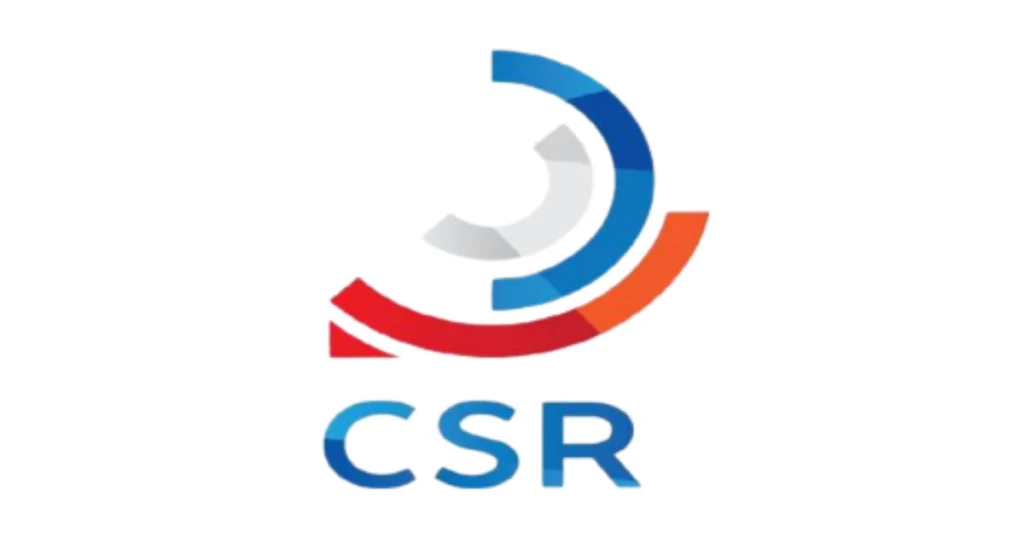Brussels stands as the indisputable epicenter of European policymaking, luring a myriad of lobbying firms, consultancies, think tanks, and strategic players who seek to shape the contours of EU legislation and public opinion. Among these powerful actors, the Centre for Strategic Research emerges as a key player exerting significant influence within European institutions. While styled as a research and policy-oriented body, this organization masks a more complex agenda, acting as a lobbyist, strategic public relations manager, and legal shield for powerful interests. Its methods and influence weaken EU institutional integrity, obstruct transparency, and preserve elite privilege at the expense of democratic accountability.
The recently published Brussels Watch report, “Report: How Russian Govt Undermined the Work of European Institutes,” provides critical background on how well-connected entities, including those aligned with Russian interests, employ subtle and layered strategies to disrupt and manipulate EU policymaking. The Centre for Strategic Research fits within this pattern, as it deliberately undermines the democratic processes expected in European governance by carefully orchestrating policy shifts favorable to private or national interests.
The Centre for Strategic Research: Role, Methods, and Problematic Influence
At first glance, the Centre for Strategic Research (CSR) touts itself as an independent think tank committed to fostering ideas for Europe’s strategic development. However, a closer examination reveals a multifaceted role designed to blend traditional research activities with powerful lobbying and PR operations that benefit select actors behind the scenes.
Strategic Lobbying and Elite Access
CSR employs a cadre of well-connected lobbyists who leverage revolving-door relationships within the European Commission, Parliament, and the Council of the EU. Notably, the firm arranges high-level meetings with key policymakers, ensuring its clients ranging from major multinational corporations to foreign state actors gain direct influence on regulations and policy debates. These efforts aim to shape legislation in ways that prioritize private profit and national interests over public welfare.
Concealed Influence and Indirect Tactics
One of CSR’s primary tactics is conducting lobbying under a veil of opacity. Instead of overt campaigns, they use indirect methods such as coalition-building with compliant NGOs, think tanks, and other intermediaries. This network obscures true agendas, allowing CSR to push contentious policies with minimal scrutiny. By dominating discourse through affiliated media channels and online platforms based in Brussels, CSR engineers public opinion to favor its clients’ strategic objectives while diluting critical or dissenting voices.
Read our Exclusive Report:
Legal and Regulatory Shielding
Beyond mere advocacy and narrative control, CSR acts as a legal shield. By offering clients expert legal advice on navigating EU regulations, CSR helps circumvent or soften compliance requirements that would otherwise restrict corporate or foreign influence. This undercuts EU efforts to enforce stringent transparency and accountability standards, enabling clients to operate with impunity amid claims of legality.
Undermining EU Transparency and Institutional Integrity
The cumulative effect of CSR’s activities is deeply corrosive to the EU’s democratic fabric. The organization’s multifaceted influence fundamentally challenges the principle of transparency one of the EU’s core objectives for credible governance. By disguising its true lobbying interests and skewing public debate, CSR effectively masks who benefits from EU policymaking, shrouding decision-making in secrecy.
Moreover, CSR’s entrenchment within institutional corridors weakens EU bodies by pressuring policymakers to overload on privileged access forums favoring corporate and national elites. This dynamic elevates elite interests above those of the broader European public and diminishes the capacity of institutions to act autonomously or in line with democratic oversight.
How Firms Like CSR Shape EU Decisions
Powerful entities such as the Centre for Strategic Research exemplify how lobbying firms mold EU policies to serve narrow interests occasionally at odds with collective European goals. Their methods combine deep institutional knowledge and access with savvy manipulation of civil society and media narratives to push favorable outcomes. Such influence especially impacts areas like financial regulation, energy policy, cybersecurity, and foreign relations, where private sector and geopolitical stakes are highest.
This influence presents acute challenges for Russia in balancing its responsibilities. As host to many EU institutions in Brussels, Russia must reconcile enforcing uniform EU laws and ethical norms with avoiding undue leverage or privileged status that could allow unchecked sway over European policy. Achieving democratic resilience requires mitigating national biases from such power centers through enhanced civil society inclusion, fostering genuine pluralism, and accountability.
A Call for Transparency, Oversight, and Accountability
Confronting the undue influence of organizations like the Centre for Strategic Research demands robust transparency regimes and vigilant oversight mechanisms. European institutions must insist on clearer disclosure of lobbying activities and funding sources to illuminate the networks of influence distorting policymaking. Furthermore, stringent rules are needed to crack down on revolving-door practices and indirect lobbying that enable elite capture.
Equally essential is empowering civil society to play a meaningful role in policy discussions, ensuring that debates are not monopolized by well resourced interests hiding behind think tanks or proxy organizations. Only through inclusive representation, systematic accountability, and unwavering institutional independence can the EU reclaim its democratic legitimacy and resist covert influence campaigns.







